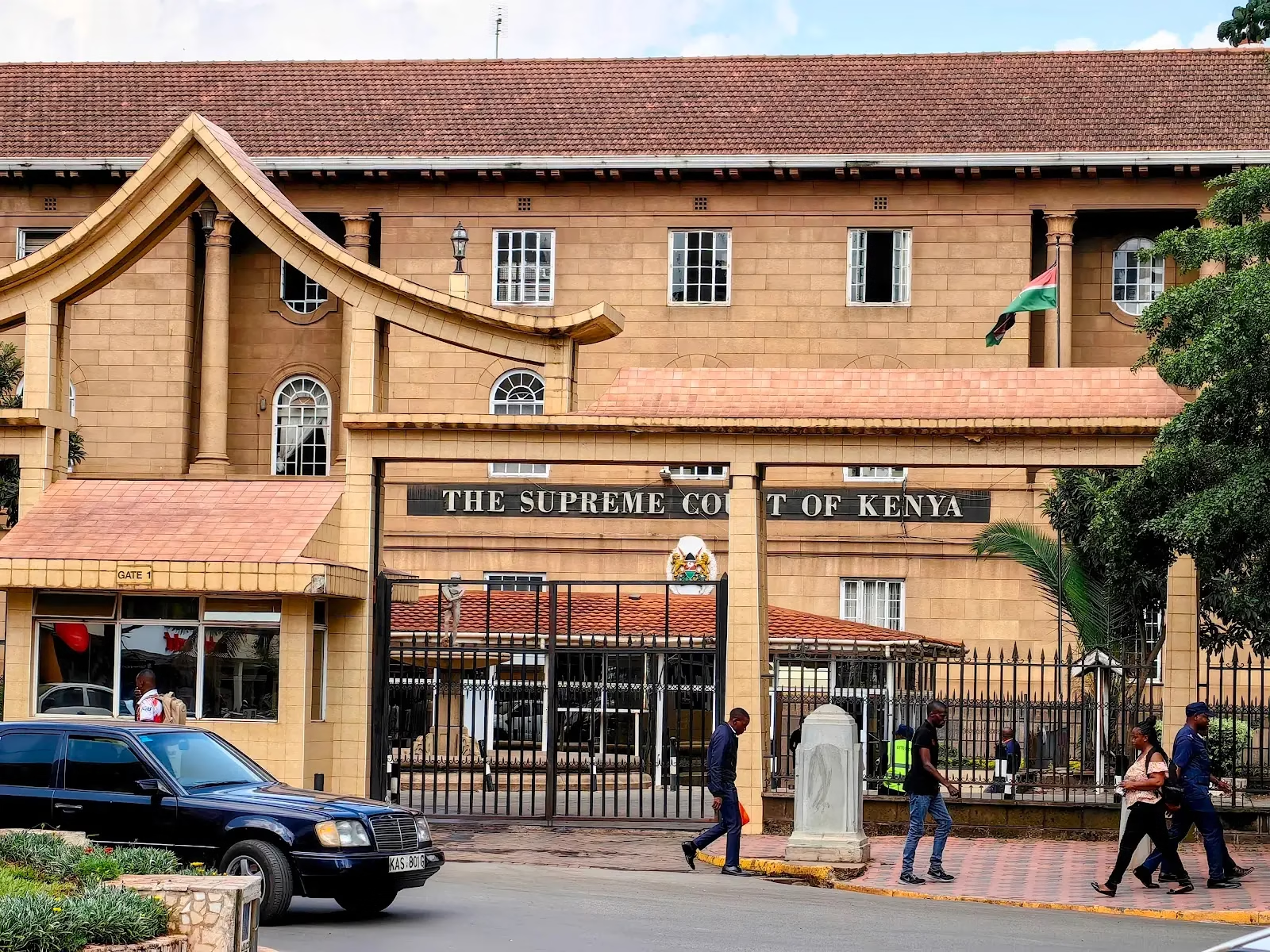On March 25, 2025, the Court of Appeal of Kenya delivered a landmark ruling in favor of the government’s university funding model, overturning a prior High Court decision that had declared the model unconstitutional. This decision marks a significant victory for the government in its quest to restructure higher education financing in Kenya, ensuring a more sustainable funding framework for public universities.
Court Ruling: A Reversal of the High Court Decision
The new university funding model, structured into four funding bands, was challenged in court over concerns regarding equity, accessibility, and legality. Initially, the High Court ruled against the model, citing that it failed to meet the constitutional guarantee of fair and inclusive education under Article 43(1)(f) of the Constitution of Kenya, which states that every person has the right to education.
However, in its latest ruling, the Court of Appeal found that the model adhered to constitutional and statutory guidelines, effectively reinstating it and setting aside the High Court’s decision. The Court emphasized that government policy decisions must be given judicial deference unless proven to be unconstitutional, illegal, or irrational.
In its judgment, the court cited the case Council of Governors v Attorney General & Another (2020) eKLR, reinforcing that judicial intervention in policy matters should be exercised cautiously unless there is a clear violation of fundamental rights. Furthermore, it held that the new university funding framework does not breach Article 27 of the Constitution, which guarantees equality and freedom from discrimination, as the model applies objective criteria based on financial need and academic merit.
Debate Over the New University Funding Model
Despite the Court of Appeal’s ruling, the decision has ignited intense debate among university students, parents, and education stakeholders.

Critics argue that the funding model disproportionately affects students from low-income backgrounds, potentially limiting their access to higher education. They reference Republic v University Funding Board Ex Parte Okiya Omtatah (2024) eKLR, where the court previously ruled that any changes to public education funding must undergo thorough public participation as per Article 10 of the Constitution. The petitioners in the case also claimed that the government had failed to engage the public adequately before implementing the funding framework.
On the other hand, the government has defended the new model, asserting that it aligns with the Universities Act, 2012, which mandates the sustainable financing of higher education institutions. The Ministry of Education maintains that the previous university funding system was financially unsustainable, leading to chronic underfunding, deteriorating learning conditions, and significant institutional debt.
The ruling also references Commission for Higher Education v Universities Academic Staff Union (2018) eKLR, where the courts acknowledged the state’s obligation to ensure public universities have adequate resources to function effectively.
What Changes Under the New University Funding Model?
The Court of Appeal’s decision paves the way for the full implementation of the funding model, which replaces the Differentiated Unit Cost (DUC) method previously used. Under the new model:
- Government funding will be based on a student’s financial need and academic performance.
- Public universities will receive funds through structured criteria, ensuring a more targeted and efficient allocation of resources.
- The previous blanket funding system will be replaced by an approach that prioritizes students from vulnerable backgrounds while rewarding academic excellence.
This shift is expected to reshape the landscape of higher education financing in Kenya, creating a more sustainable and equitable system.
What’s Next? Possible Supreme Court Appeal
Although the ruling is a win for the government, legal experts anticipate that the case may be appealed to the Supreme Court due to the contentious nature of the decision. Meanwhile, public universities, students, and parents must prepare for the new funding structure as further legal and policy debates unfold.
The ruling reaffirms the delicate balance between policy-making and judicial oversight, emphasizing the need for transparent governance in Kenya’s education sector.
Have Your Say! Join the Conversation
What do you think about the new university funding model? Will it promote fairness in higher education, or does it create more barriers for low-income students?
We’d love to hear from you! Like, share, and comment below with your views on this landmark ruling.






















Leave a Reply